Jako zespół projektowy pragniemy poinformować o wypracowanych w ramach projektu "VET Edukacja 4.0 dla Przemysłu 4.0" kluczowych rezultatach pracy intelektualnej. Projekt ten został stworzony, aby dostosować kształcenie zawodowe do wymagań współczesnego przemysłu oraz promować innowacje i cyfryzację w edukacji. Poniżej przedstawiamy trzy główne rezultaty projektu:
Stworzyliśmy nowoczesny program kształcenia w specjalności „Wirtotechnologie w Inżynierii Produkcji”, który odpowiada na potrzeby przemysłu 4.0. Program ten obejmuje najnowsze technologie i metodyki, takie jak nowoczesne techniki symulacyjne, automatyzacja, sztuczna inteligencja oraz zaawansowane systemy produkcyjne. W ramach przygotowania nowego programu kształcenia przygotowano również materiały dydaktyczne, dzięki którym studenci będą mogli łatwiej zdobywać wiedzę i umiejętności, które są kluczowe dla przyszłych inżynierów.
Wprowadziliśmy zaawansowany Program Projektu Inżynierskiego. Projekty inżynierskie są realizowane na podstawie rzeczywistych problemów technicznych zgłaszanych przez przedsiębiorstwa partnerskie. Studenci pracują nad swoimi projektami w konsultacji z przedstawicielami przemysłu, co pozwala im na praktyczne zastosowanie zdobytej wiedzy i lepsze przygotowanie do przyszłej kariery zawodowej.
Opracowaliśmy kompleksowy Program Praktyki Zawodowej, który umożliwia studentom zdobycie praktycznego doświadczenia w wiodących przedsiębiorstwach przemysłowych. Program ten został stworzony we współpracy z partnerami z przemysłu i obejmuje intensywne szkolenia oraz projekty realizowane w rzeczywistych warunkach produkcyjnych. Praktyki zawodowe są kluczowym elementem kształcenia, pozwalającym studentom na bezpośrednie zetknięcie się z realiami pracy w nowoczesnym przemyśle.
Korzyści dla Studentów i Przemysłu
Rezultaty projektu "VET Edukacja 4.0 dla Przemysłu 4.0" przyczyniają się do podniesienia jakości kształcenia zawodowego, zwiększenia konkurencyjności absolwentów na rynku pracy oraz wspierania innowacyjności w przemyśle. Nowoczesne programy kształcenia, narzędzia edukacyjne i bliska współpraca z przemysłem przygotowują studentów do efektywnego działania w dynamicznie zmieniającym się środowisku technologicznym.
Zapraszamy do zapoznania się rezultatami pracy intelektualnej projektu, które znajdują się w załączonych plikach.
DOKUMENTACJA PROGRAMU STUDIÓW Inżynieria produkcji, Studia stacjonarne II stopnia
DOKUMENTACJA PROGRAMU STUDIÓW Inżynieria produkcji, Studia niestacjonarne II stopnia
Program Praktyk Zawodowych WwIP
Program Projektu Inżynierskiego
Uchwała Senatu Politechniki Lubelskiej
Przykładowe materiały dydaktyczne powstałe w ramach projektu:
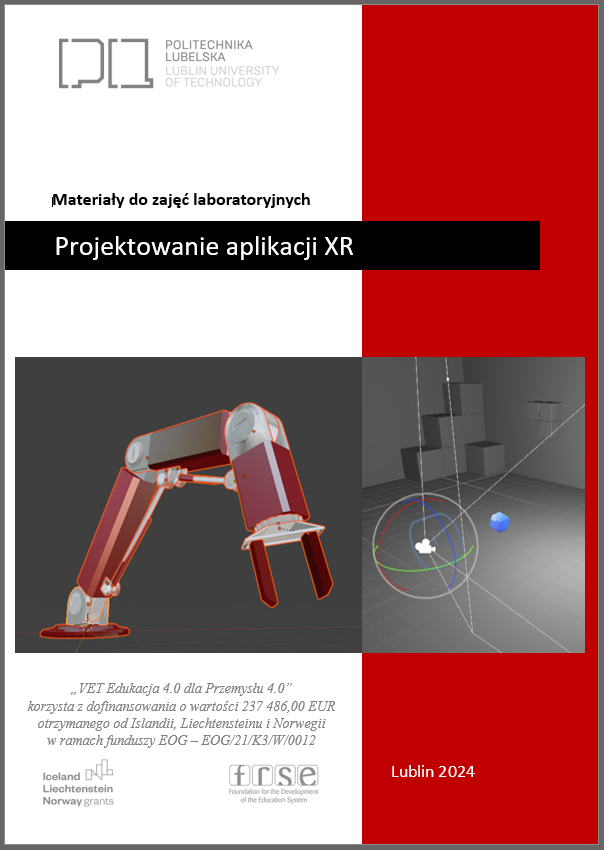
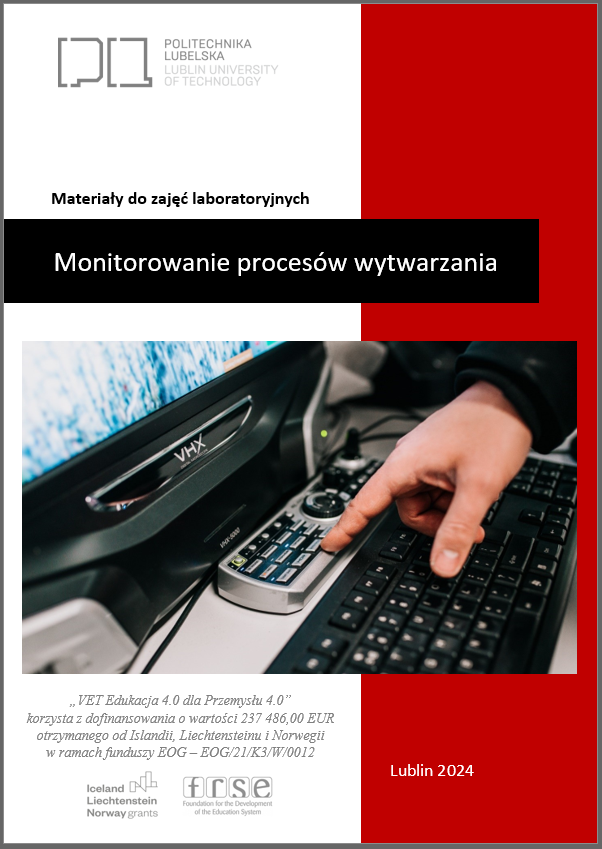
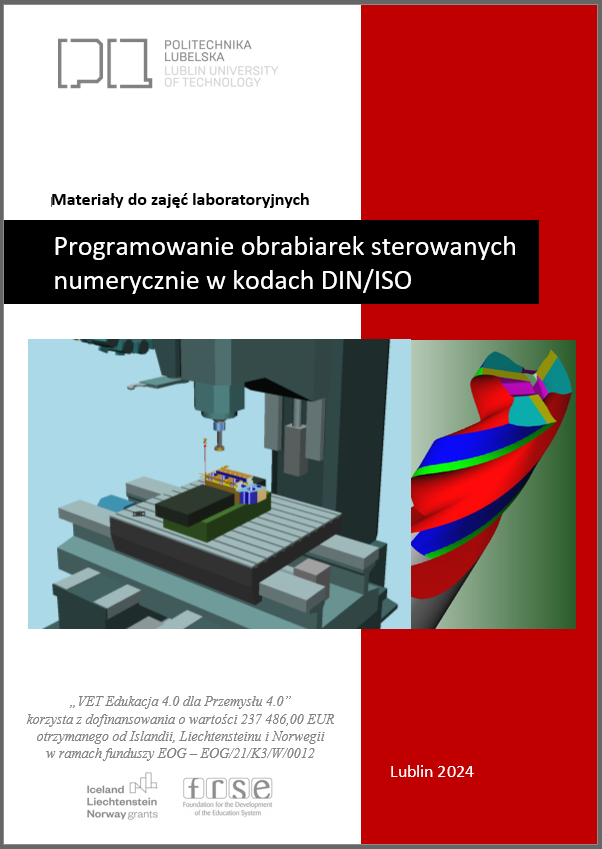
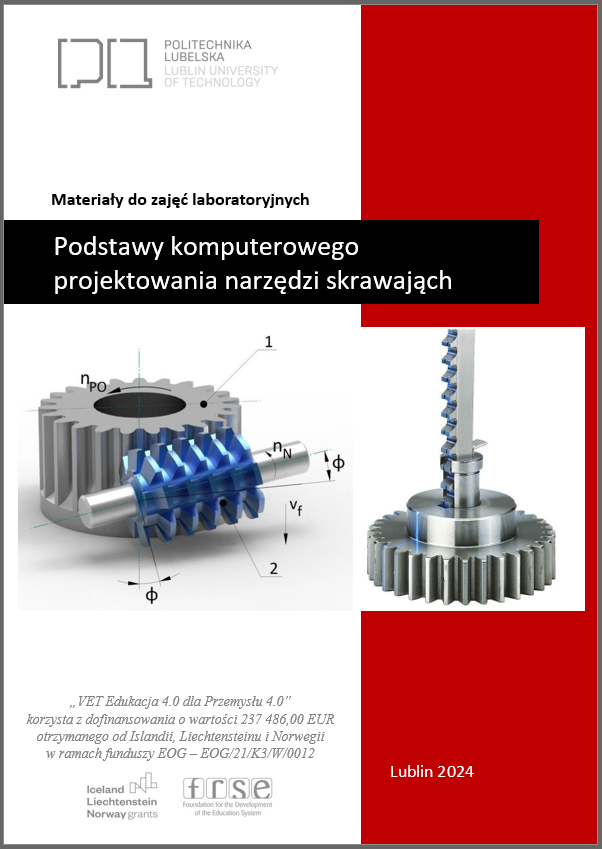
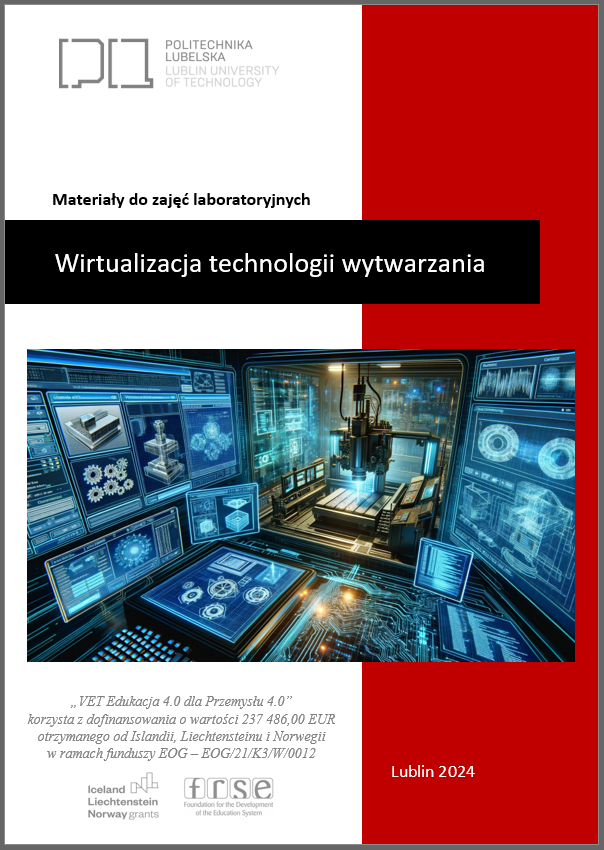
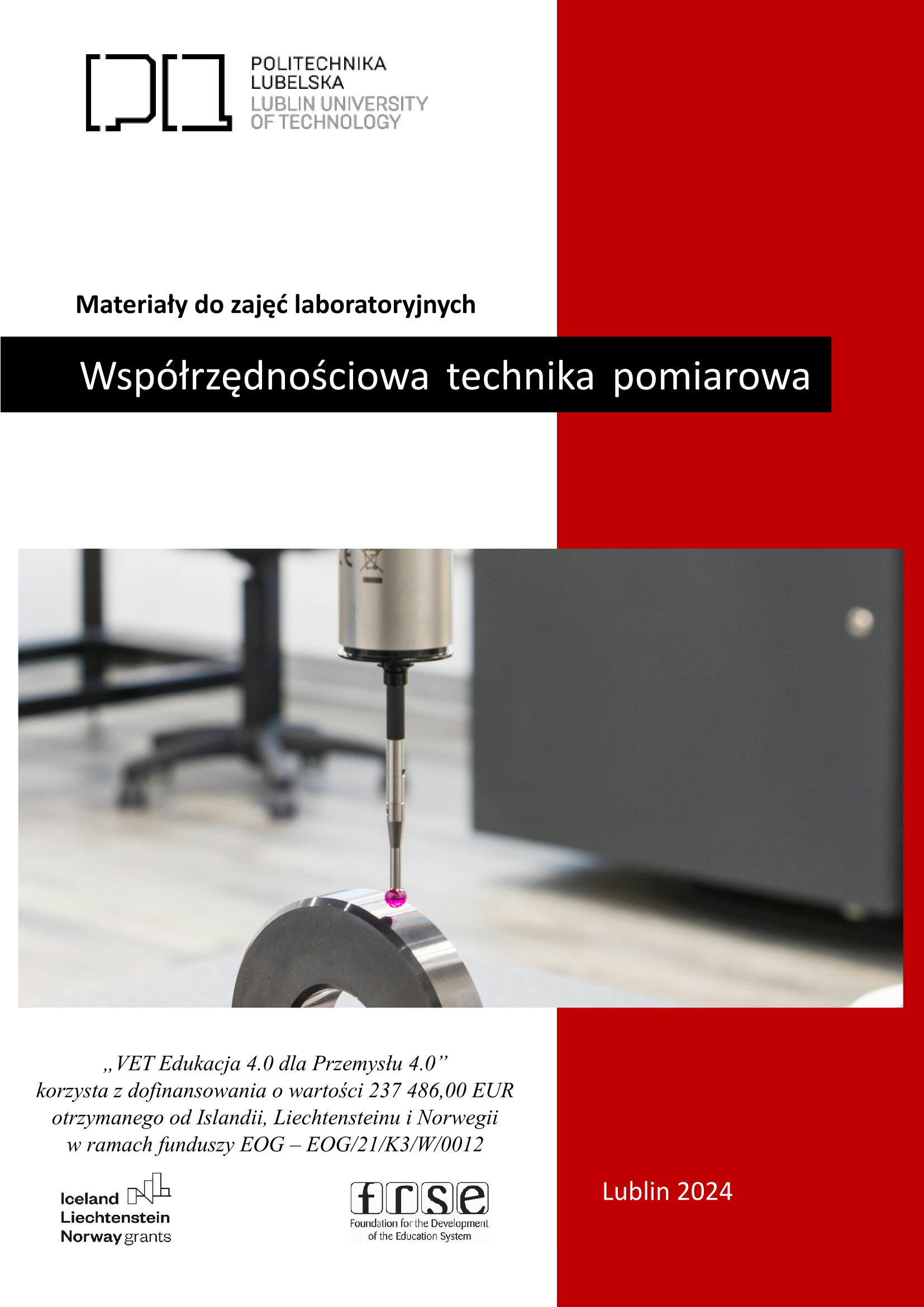
Development of a new training program
The development of a new training programme will focus on the idea of ”Education 4.0 for Industry 4.0” for second-cycle studies. The program will be tailored to the needs of modern industry that is based on the use of virtotechnologies and the integration and digitization of manufacturing. New specialized engineering training modules will be introduced, such as: production preparation, tooling and tool systems, quality assurance systems, ISO standards, logistics and maintenance, CAM design in SinuTrain (ShopTurn and ShopMill), NX CAD and CAM design, Heidenhain programming, special assembly technologies, CNC machine tools and coordinate measuring technology, reverse engineering and rapid prototyping, and many more. Internship and engineering project programmes will be introduced. The developed training programme will also serve as a basis for designing trainings and courses for both graduating students and non-students.
Development of the program of apprenticeships
The development of an internship programme will focus on tailoring its components to the expectations and requirements of employers from the region. In particular, key departments in the company that should be covered by the internship programme will be specified. The trainee should acquire professional skills in the area of: construction, technology, programming, metrology, as well as production organisation and planning, and quality management. The internship should make the trainee familiar with, among others, the applicable ISO standards, logistics and maintenance, construction and operation of CNC machine tools and programming of their controllers, assembly process, circulation of construction and technological documentation, as well as instrumentation and tooling systems. Currently, students
of second-degree engineering studies at many universities are not required to conduct an industrial internship, and the decision regarding the introduction of such requirement is arbitrary.
Development of the program of engineering projects
The development of an engineering project programme will cover the determination of the subject matter, content and scope as well as forms of implementation and verification of its outputs. The engineering project is a new form of preparation for the engineering profession included in the second-degree study programme. The engineering project should be characterized by an advanced form in terms of construction, technology, numerical modelling (advanced numerical analysis of the phenomenon), analysis, metrology, programming (macro, numerical software). The engineering project will be incorporated in place of interim project, undergraduate proseminar or degree seminar. The engineering project is a novelty and has not been part of previous study programmes. The implementation of engineering projects on different topics will allow for the effective use of the teaching staff and will help the students broaden their knowledge and skills, thus ensuring their enhanced professional preparation.